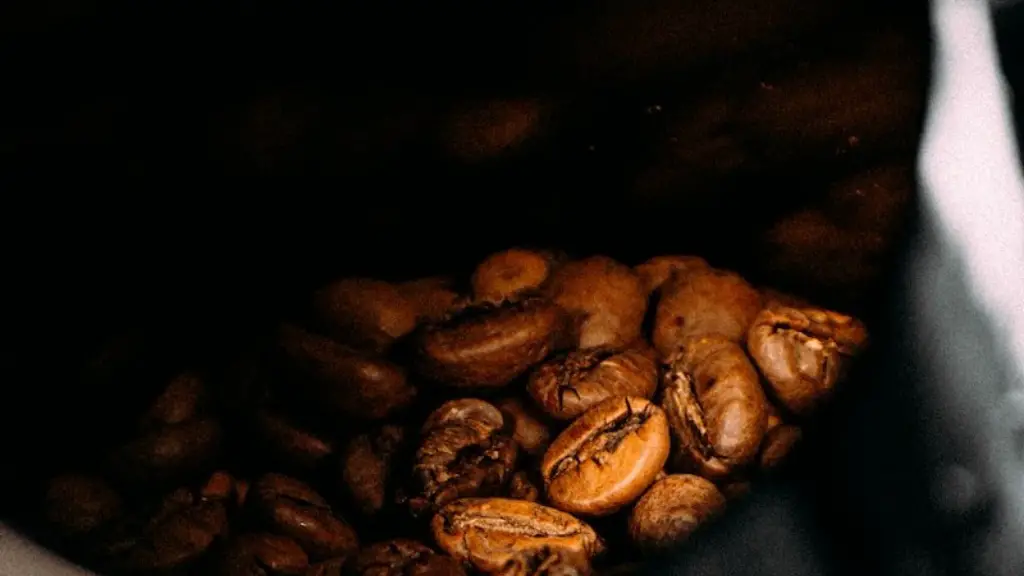Adenosine and Cortisol and the Pre-Workout Coffee
Coffee before exercise has been debated since around the 8th century when it first became popular as a beverage. In recent years, it has gained some traction as a pre-workout activity – with athletes and exercise enthusiasts swearing by its benefits. But, is it in fact, beneficial to drink coffee before a workout?
Caffeine is actually known to be the world’s most popular stimulant. By drinking it, the body senses a decrease in adenosine levels, which are chemicals in the brain that cause the body to feel tired. An increase in the delivery of oxygen and nutrients to muscle tissue is then experienced, rendering them more energised and capable of hard work.
Additionally, Cortisol is another chemical released in the body when a person drinks coffee, and this helps break down fat tissue which allows the body to burn it off more readily. For those embarking on a fat loss journey, this is certainly good news.
In terms of overall exercise performance, coffee before a workout provides increased concentration levels and alertness. But, for those who are caffeine-sensitive, results may vary. What’s more, sleeping habits and general mood may be negatively impacted.
One important thing to note about having coffee before a workout, is that the stimulant effects of the caffeine will peak about 30 minutes to an hour after drinking it. Therefore, consuming the beverage any earlier may mean the effects will not be felt till late – or may even peak after the workout is already over. To avoid this inconvenience, it is advised to drink the coffee at a preferable time.
Does Coffeecause Muscle Growth?
The main question that comes to mind when discussing coffee pre-workouts, is whether caffeine and coffee can improve muscle growth. The answer is yes – in a way.
Coffee itself is not the catalyst of muscle growth. It is however, the caffeine in coffee, that helps the muscles contract better, thus improving the overall efficiency of the workout. The stimulation is what allows muscles to extract more energy out of each repetition, resulting in higher gains.
But, it should be noted that the effect of caffeine on muscle growth may not be as direct or prominent as many believe. This is because muscles respond best to heavier loads over training, which of course, sometimes requires an increase in size or reps in order to be done.
In order for coffee to be optimally effective in building muscle, it is best to consume it before strength and power training exercises. In other words, those wishing to benefit from the muscle-building effects of coffee should be sure to have it prior to weight-lifting or more intense exercises.
The Right Way to Take Pre-Workout Coffee
In calculating the ‘right way’ to take pre-workout coffee, understanding one’s individual tolerance levels and caffeine sensitivities is essential. As mentioned before, the effects of caffeine peak about an hour after drinking it, but this can vary from person to person, depending on lifestyle habits, body chemistry and general health.
In terms of the amount of caffeine to begin with, consuming 1-3mg/kg of body weight is a good way to start. Don’t forget to factor in any other caffeinated drinks, such as caffeine-based energy drinks, that may have been consumed before taking a pre-workout coffee.
Additionally, it is important to consider the time of day. For those who are morning exercisers, consuming the coffee at the earliest possible time can be helpful for a pre-workout buzz. On the other hand, those who are night or evening gym goers should be sure to limit caffeine intake from the afternoon onwards.
Side Effects of Pre-Workout Coffee
Coffee has a positive digestive effect as it helps to stimulate a bowel movement and reduce bloating. However, too much caffeine intake can be a trigger for diarrhoea, as it causes frequent and loose stools.
On the other hand, if coffee is taken shortly before a workout, it might cause a jittery sensation, increased heart rate and even heightened blood pressure. This can be especially problematic if taken right before running or doing any other type of cardio exercise.
Caffeine also causes dehydration and higher water losses. Therefore, it is paramount to drink plenty of water, alongside moderate amounts of coffee, in order to prevent any health issues that may arise.
Weighing-up the Pros and Cons of Pre-Workout Coffee
Though the pros of coffee before a workout are clear, there are certainly some downsides, which should not be brushed aside. Adenosine, Cortisol and caffeine all play a critical role in coffee consumption before working out.
Whether coffee is good for the body or not really depends on the individual and how their body responds to the stimulants. After all, coffee before exercise is meant to provide mental and physical boosts to enable better training performance. Ultimately, the decision is personal and should be weighed-up in light of the pros and cons.
Mild or Strong? The Choice is Yours
At the end of the day, there is no real ‘right’ or ‘wrong’ answer when it comes to coffee consumption before exercise. It is all about understanding one’s body and caffeine sensitivities, and tailoring coffee consumption accordingly.
When making that decision, it may be important to consider one more factor: the strength of the coffee. As mentioned previously, the caffeine in coffee gives the body a great boost of energy, but this certainly varies between different coffee bean strengths. For those seeking milder effects, decaf is a great option – with some great health benefits, too.
In conclusion, though it may be beneficial to drink coffee before a workout, moderation is key. Listen to your body, weigh up the pros and cons, and choose the coffee strength that is right for you.
Pre-Workout Supplements Instead of Coffee?
For those who are seeking an alternative to the caffeinated buzz of coffee, pre-workout supplements can provide the same benefits. These typically come in the form of powder or drink mixes, and include ingredients such as Creatine, BCAAs, betaine and beta-alanine.
These are all substances that help to better muscles with increased energy, leading to improved performance levels. They also help to reduce fatigue levels, allowing exercisers to push forward through harder and more intensive workouts.
What’s more, these pre-workout supplements are typically chosen specifically for their ease of use and convenience. They are fast-absorbing, meaning that exercisers get an immediate energy burst shortly after consuming the drink.
On the flip side, depending on what an exercise routine is set up to achieve, there can often be too much of a ‘kick’ from pre-workout supplements. For those simply looking to de-stress or stay in plain-old shape, then this may not be the ideal choice.
Furthermore, those who have medical conditions, or who are allergic or sensitive to particular ingredients, need to be aware that pre-workout supplements include certain substances which could aggravate certain ailments.
Coffee Benefits for An All-Around Boost of Energy
Various benefits of drinking coffee before a workout have been discussed, many of which are quite conclusive. The mental and physical stimulation, as well as higher levels of concentration, can certainly be helpful in exercising.
What’s more, the improved and more effective muscle contraction can lead to better fitness results. But of course, the effects of coffee are subjective – so it is best to know one’s individual tolerance levels of caffeine, and then make a wise decision based on this.
Pre-workout supplements are another way of getting an energy boost, but, as mentioned, exercise and health goals should be kept in mind here. At the end of the day, it is essential to know one’s body and tailor pre-workout routines and caffeine intake accordingly, in order to gain the most beneficial effects.





